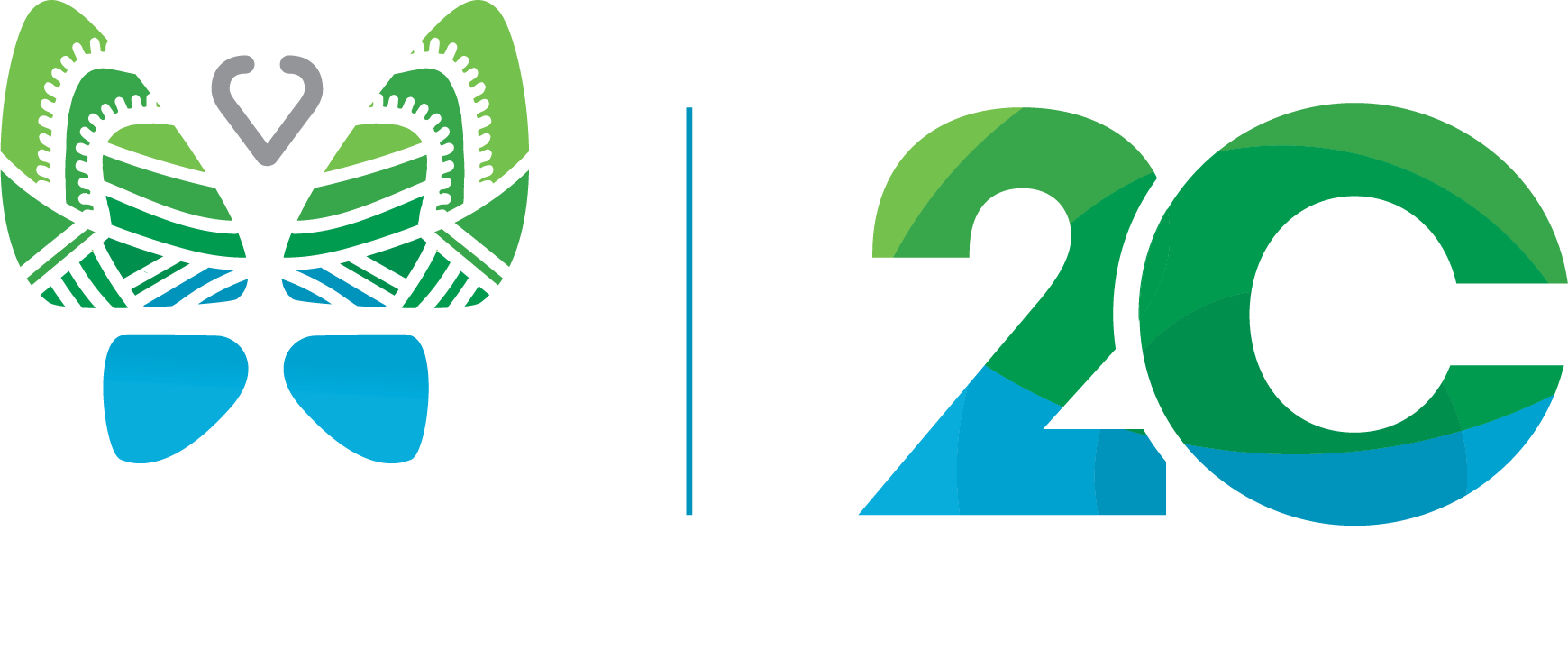Second chance education gives hope to rural communities
Last week, Joyce from Launumu village in Central Province, arrived at the campus of the Kokoda College adjacent to the small village of Kou Kou in Oro Province, PNG. This year, Joyce has made four trips to the Kokoda College from her village in the middle of the Kokoda Track, crossing high rivers during the rainy season and trekking 50 kms each way via one of the country’s most arduous and gruelling tracks.
Over on the other side of the country, Jason from Togoa village in Western Province, travels 4 hours each day to get to the Balimo College, paddling 40 kms in a dinghy, followed by a 1.5 hour walk to reach the campus. He doesn’t have relatives in Balimo and therefore must commute each day.
Joyce and Jason are enrolled in the FODE program, delivered by international NGO, the Kokoda Track Foundation (KTF). FODE, or Flexible Open Distance Education, is a second chance education pathway for students who have dropped out of school early; or for students who need to upgrade their marks to gain entry into tertiary level courses. With the new minimum entry requirements now in place for teaching, Grade 12 with a minimum GPA of 2.3, many people now find themselves in positions where they must urgently upgrade their marks. This is especially the case for people in remote and rural parts of PNG, where teachers are urgently needed and where access to FODE pathways are scarce.
The Principal of the Kokoda College, Mr Enosh Ben, reflects on the commitment of the students enrolled: “The students who come to the Kokoda College have to overcome extreme and extraordinary challenges. More than 50% of our students come from families of single parents, or have lost both parents. We have single mothers, new mothers, and people who travel very long distances. Some students from Kanga have to walk about 6 – 7 hours then hold their tablets up above their heads and swim across raging rivers. Others cross the Owen Stanley Ranges, sleeping in tree roots along the way, just so they can access an education.”
During their visits to the two College campuses, Joyce, Jason and their peers participate in lectures and tutorials, one-on-one supervision sessions, and turn in assignments that they have completed at home over the term. They collect new assignments and stay on campus for 2 – 3 weeks, before returning home where they participate in self-directed study for the next couple of months. This cycle repeats 3 times throughout the year until students are ready to sit for their national exams in Term 4.
Last week, both Joyce and Jason arrived at the Kokoda and Balimo Colleges to sit for the national Grade 10 examinations. They had both once again made the arduous journey to the campus and brought with them a few nerves to help them through the exams. “I am nervous but excited to finally be sitting my first lot of FODE exams” said Joyce. “I have been teaching for 8 years, but now with the new Government requirements, it is important that I upgrade my schooling so that I can upgrade my teaching qualifications. I am excited to be sitting my exams as it’s the first formal step I need to take for my upgrading journey.”
In 2019, KTF have enrolled 125 students at the Kokoda College and 105 students at the Balimo College. With generous funding and support from PNGSDP, the Australian Government’s ANCP and Kokoda Initiative, Bank South Pacific and the Australian public, KTF have been able to expand its intake at its Colleges.
“We are indebted to our supporters who understand and are willing to support these critical second chance education pathways” said Dr Gen Nelson, KTF’s CEO. “Our consultations with communities and Governments show that there is an urgent need for more FODE spaces to be opened up across the country. With the new minimum entry requirements for teachers, and the low number of grade 12 school graduates particularly in remote areas, second chance education is becoming more and more important.”
The Kokoda and Balimo Colleges only enrol students who are committed to long-term study and career pathways in teaching and health work. All prospective students must commit to studying early childhood, primary or secondary teaching or community health work or nursing after they grade from KTF’s FODE. They must also have the support of their community leaders and must be from a remote area in Western, Oro or Central Provinces where there is a shortage of qualified teacher or health workers.
“There are major shortages of teachers and health workers across the regions that our Colleges service, especially in parts of Middle and Lower Fly Districts, and the Tufi region in Oro Province” said Petra Arifeae, KTF Education Manager. “With the support of our donors, KTF fully subsidises the tuition fees of students studying at the Colleges in an attempt to support pathways in teaching and health work for those who need them the most.”
Registration for KTF’s Kokoda and Balimo Colleges will open in January 2020.
For more information, contact: www.ktf.ngo
